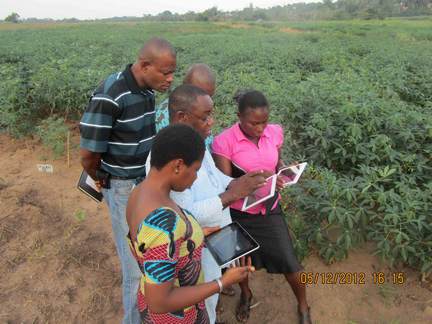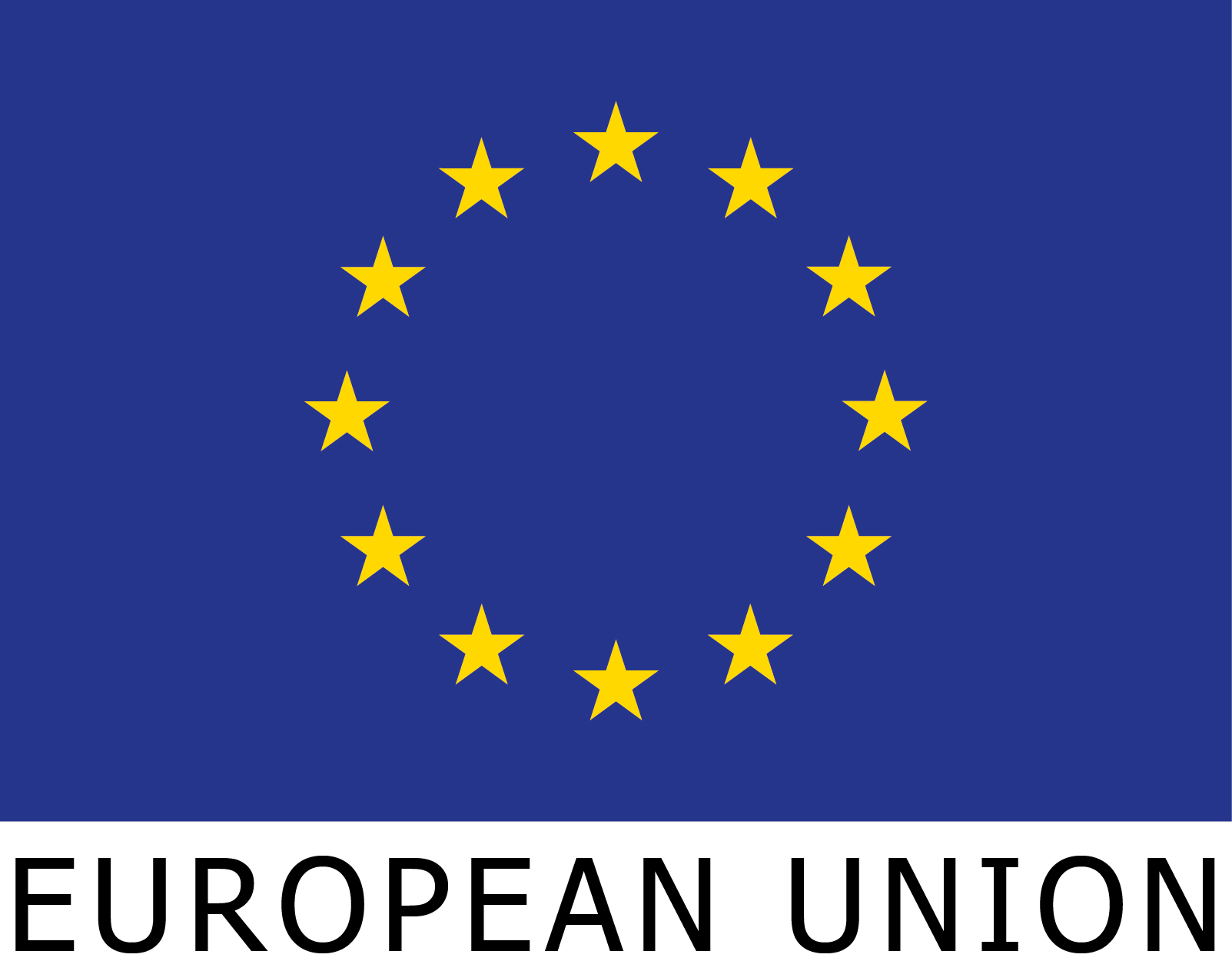Handbook on Data Collection / Phase One: Prepare Project
| |

Most projects start with a project proposal, presented either internally or to an external project funder. The level of detail required for such a proposal varies. Internal proposals are often kept to a minimum, while proposals to government donors sometimes have to be extremely detailed.
In general, a good project proposal for a data collection project should cover the main points outlined in the Handbook, from design to action, with your plans and expectations described for each element. In addition, a project proposal should include elements like schedule, budget and, if presented to an external funder, say why your organisation is the best to implement this project.
Below is a list of the main elements of a data collection project proposal. For each element, the main questions are listed (see Table 2). The level of detail for each element depends on the requirements of the project proposal. If you’d like more detail on any particular topic, you can read the relevant Handbook article in full.
Table 2. Main elements of a data collection project proposal
| Project element | Content | Handbook article |
| Context | Describe the context in which your project will operate, including which stakeholders will be included. | Two |
| Objectives | Define the impact you want to reach with your project and think backwards: which outcomes do you need to achieve in order to reach that impact? What data needs to be collected? In a detailed project proposal, a draft Theory of Change (ToC) could be included. |
Two |
| Data needs | Which methodology will be used to assess what data is already available? Which data sources are already known? |
Three |
| Methodology | Which methodology will be used for the data collection? What is the scope of the collection? How will the surveys be developed? How will the data collection take place in practice? Who will collect the data? What tools will be used? What contingencies in your plan deal with unexpected delays, etc? |
Four, Five, Six |
| Analysis and visualisation | What information would you like to extract from the data? How are you planning to analyse and visualise the data? How will you involve communities / stakeholders / decision makers in the process so the end product is useful to them? |
Seven |
| Data sharing | How do you plan to share your data? How will you deal with privacy and sensitivity of collected data? |
Eight |
| Data to decision | How will you ensure the collected data will contribute to better decision-making? Will the intended end-users of the data be actively involved in the project? |
Nine |
| Evaluation and application of lessons learned | How will you evaluate your project? What is your draft monitoring framework? Are there any draft targets? How will you set your targets? How will you ensure lessons learned will be used in new projects? |
Two, Ten |
| Project timeline | Timeline of planned activities | N/A |
| Project budget | Budget proposal | N/A |
Acknowledgements
Author: Harro Riedstra (Akvo.org)
Contributor: Edouard Boinet (International Network of Basin Organisations, INBO)
AfriAlliance
| The Africa-EU Innovation Alliance for Water and Climate (AfriAlliance), is a 5-year project funded by the European Union’s H2020 Research and Innovation Programme. It aims to improve African preparedness for climate change challenges by stimulating knowledge sharing and collaboration between African and European stakeholders. Rather than creating new networks, the 16 EU and African partners in this project will consolidate existing ones, consisting of scientists, decision makers, practitioners, citizens and other key stakeholders, into an effective, problem-focused knowledge sharing mechanism. |
| AfriAlliance is lead by the IHE Delft Institute for Water Education (Project Director: Dr. Uta Wehn) and runs from 2016 to 2021. The project has received funding from the European Union’s Horizon 2020 research and innovation programme under grant agreement No 689162. |

